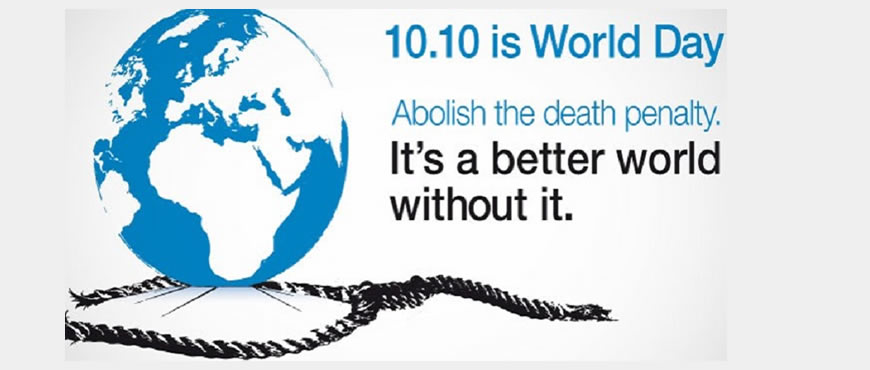For more than 15 years federal and state governments in Nigeria contrary to international law have continued to extend crimes to which the death penalty applies. The moment a crime assumes notoriety or begins to overwhelm law enforcement agents, governments’ response has been to impose the death penalty for such crime (s). When kidnapping became the trend in South-east and South-south Nigeria most affected state governments prescribed the death penalty. The federal government responded to the surge in terrorism in the North-east and North-west Nigeria by imposing the death penalty. There is even a clamour that the death penalty be made to apply to official corruption, vandalization of oil installations, and oil bunkering.
What advocates for the death penalty fail to understand is that the death penalty does not keep society safe. It may pander to the outrage of society but it does not abate or remove the crime or offense; which should be the interest of government. The best way to solve crime is to prevent it or at best apprehend the offender. When a criminal justice system is too weak to resolve crimes and apprehend offenders, the penalties no matter how severe will have no deterrent effect. This is why HURILAWS has continued to advocate for far reaching institutional and procedural reform of Nigeria’s criminal justice system.
The Nigerian criminal justice system has challenges; challenges that question the morality of any application of the death penalty. It is public knowledge the police have confidence and integrity challenge; they lack the capacity to effectively investigate crime; there are no forensic labs, equipments or facilities to accurately or scientifically tie crimes to suspects. Most allegations/charge for crimes that attract the death penalty are based on confessional statements, most of which are obtained through torture and other unlawful practices. The judiciary has become somewhat complicit when they admit these confessional statements and continue to make pronouncements of death knowing these limitations exist in the system.
HURILAWS position remains consistent with the recommendations and findings of the Federal Government’s National Study Group on Death Penalty. The Group recommended ‘…an official moratorium on all executions until the Nigerian Criminal Justice System can ensure fundamental fairness in capital cases and minimize the risk that innocent people will be executed’. We use this year’s commemoration of World Death Penalty Day to again call on federal and state governments (especially the Edo state government) to officially impose a moratorium on all executions until all the challenges in our criminal justice system are resolved. What we collectively need to stop is crime, not lives.

12 thoughts on “Stop Crime, Not Lives – HURILAWS Press Statement in Commemoration of October 10 – World Day against the Death Penalty”
[…] buying rybelsus online […]
[…] clomid how much […]
[…] generic cialis pills […]
[…] voguel sildenafil 100mg […]
[…] blue cialis pill […]
[…] adaptogenic herbs for men’s health […]
[…] no presciption cialis […]
[…] 100 milligram viagra […]
[…] when will cialis become generic […]
[…] sildenafil tab 25mg cost […]
[…] cialis canada pharmacy […]
[…] buy 25mg viagra […]